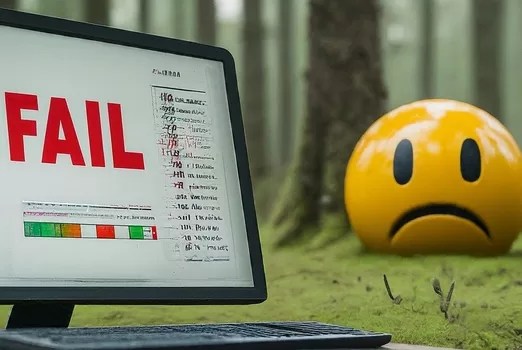False information is identified as the greatest threat to global stability over the next two years, especially as numerous elections coincide with economic challenges, according to a survey by the World Economic Forum.
Global Risk: Misinformation and Disinformation Threatens Societal Stability
As the world braces for a wave of elections over the next two years, misinformation and disinformation have emerged as the most severe global risks, potentially deepening societal and political divides.
Chapter 1.3 of a recent report highlights how both foreign and domestic actors are expected to exploit false information to undermine the legitimacy of newly elected governments.
This threat looms large as nearly three billion people are set to vote in major economies such as Bangladesh, India, Indonesia, Mexico, Pakistan, the United Kingdom, and the United States.
The widespread use of misinformation and disinformation, along with the sophisticated tools to spread it, could lead to significant unrest. Potential consequences range from violent protests and hate crimes to civil confrontations and even terrorism.
The implications extend beyond elections, as public discourse on critical issues like public health and social justice becomes increasingly polarized.
The report warns that as truth is continuously undermined, the risk of domestic propaganda and censorship will rise.
Governments might feel justified in controlling information based on their definitions of “truth,” potentially leading to broader repression of internet freedom, press rights, and access to diverse sources of information.
These freedoms are already in decline, and the situation could worsen, affecting a wider range of countries.
Technological risks, if left unchecked, will further pressure societal polarization. This polarization ranks among the top three global risks in both the immediate and two-year future, placing ninth over the longer term.
Additionally, societal polarization and economic downturn are identified as the most interconnected and influential risks, acting as both drivers and consequences of numerous other global challenges.
As the world navigates these turbulent times, the interplay between misinformation, societal polarization, and technological risks will be crucial in shaping the future of global stability and governance.
Top 10 Risks
Global risks ranked by severity. “Which of the following best characterizes your outlook for the world over the short-term (2 years) and long term (10 years)”
| 2 years | 10 years | |
| 1 | Misinformation and Disinformation | Extreme Weather Events |
| 2 | Extreme Weather Events | Critical Change in Earth Systems |
| 3 | Societal Polarization | Biodiversity Loss and Ecosystem Collapse |
| 4 | Cyber Insecurity | Natural Resources Shortage |
| 5 | Interstate Armed Conflict | Misinformation and Disinformation |
| 6 | Lack of Economic Opportunity | Adverse Outcomes of AI Technologies |
| 7 | Inflation | Involuntary Migration |
| 8 | Involuntary Migration | Cyber Insecurity |
| 9 | Economic Downturn | Societal Polarization |
| 10 | Pollution | Pollution |
Source: World Economic Forum, Global Risks Perception Survey 2023-2024

Related stories
Reactions to Dutton’s large nuclear reactor policy
Emissions wildly underestimated from fracking in NT
UN Secretary-General Calls for Fossil Fuel Advertising Ban
Santos accused of misleading advertising
Global Methane Pledge: UN launch methane detection satellite
Net Zero+ International Programme for Action on Climate
Climate of the Nation Report: Australia Climate Research
Carbon Credits Used to Plug Orphan Oil & Gas Wells
Best way to reduce climate change is stop gas industry methane leaks
What is Greenwashing and How to spot it
Meet the Frackers: Gas explorers in Australia




